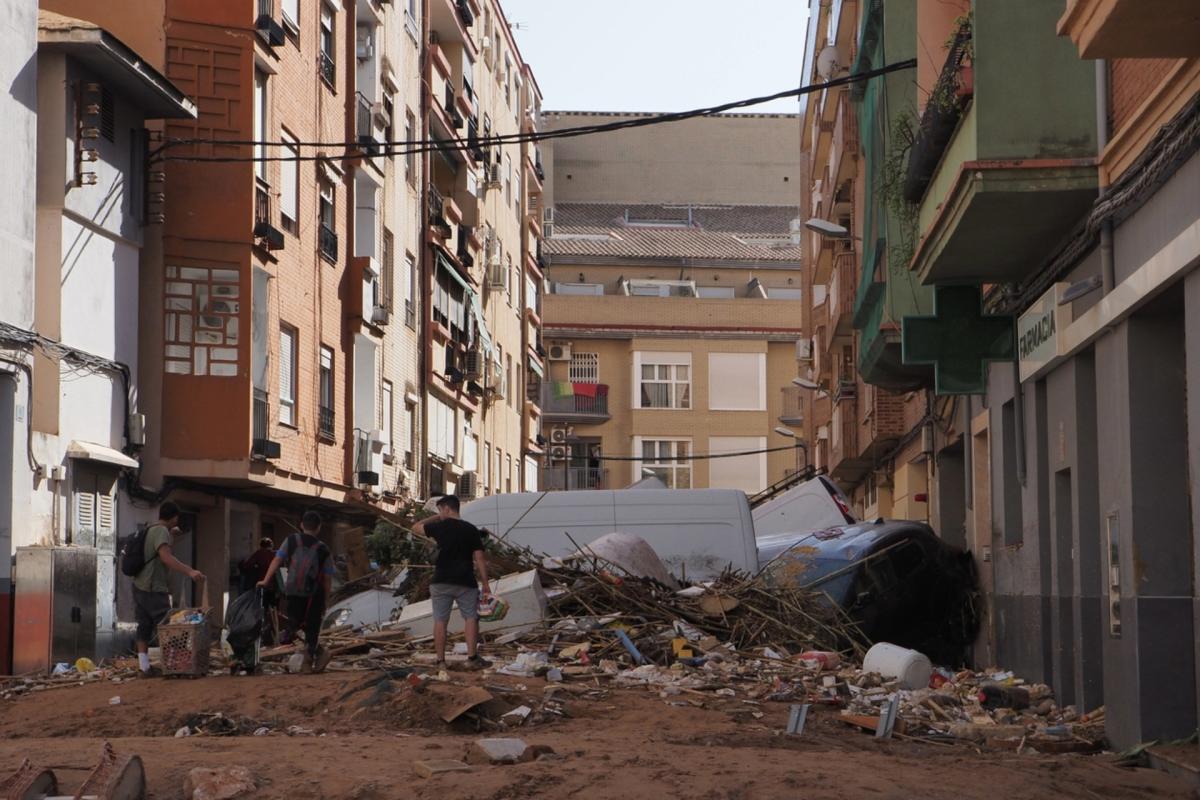
Extreme weather is becoming more common, but that doesn’t mean everyone gets to take time off work to pick up the pieces. That’s starting to change, though. Spain has announced time off for extreme weather.
According to Philenews, Yolanda Díaz, second deputy prime minister of Spain’s coalition government, announced via RTVE a “paid climate leave” for up to four days during extreme weather events.
The announcement is in response to the deadliest floods in decades in Spain in October. According to the Guardian, as of Nov. 1, 205 people had died, and “an unknown number of people” were still missing. The floods were triggered by rain estimated to be around a year’s worth in just eight hours.
Advertisement
Advertisement
The rain destroyed homes, washed away bridges, cars, and railway tracks, and turned the streets into rivers.
Most of the floods occurred in Valencia, but only two weeks later, 3,000 people were evacuated in Málaga when severe rain again hit the country, Philenews reported.
Second Deputy Prime Minister Díaz said to public broadcaster RTVE that the new paid leave “aims to ‘regulate in accordance with the climate emergency’ ensuring ‘no worker must run risks,'” per Philenews.
Watch now: This classic mac and cheese brand just won an award for its packaging design
Spain isn’t the only country experiencing unprecedented weather. The United Kingdom has also had its share of storms this year, with the first named storm, Ashley, pounding Scotland with 111 mph winds and flooding.
Advertisement
Advertisement
Prior to these events, climate expert Molly Wood wrote in a blog post that these storms will become more common because the world’s rising temperature is like giving the weather steroids.
According to Philenews, some companies required their employees to come to work during the floods in October even though there was a red alert. The companies “claimed they received insufficient warning and delayed telephone alerts from authorities.”
What would you do if natural disasters were threatening your home?
Move somewhere else
Reinforce my home
Nothing
This is happening already
Click your choice to see results and speak your mind
The new initiative plans to prevent that from happening again. Next time an alert is sent out, “the worker must refrain from going to work,” said Díaz, according to the Guardian.
Having vital measures like these in place means families won’t have to brave dangerous storms or leave safe shelter before communities begin cleanup. It also means they have a breather to start figuring out what to do if their homes are damaged.
Advertisement
Advertisement
More in World
Governments can only pass initiatives like this if voters elect pro-climate candidates who are enacting them to help communities after extreme weather events.
Join our free newsletter for good news and useful tips, and don’t miss this cool list of easy ways to help yourself while helping the planet.
EMEA Tribune is not involved in this news article, it is taken from our partners and or from the News Agencies. Copyright and Credit go to the News Agencies, email news@emeatribune.com Follow our WhatsApp verified Channel



